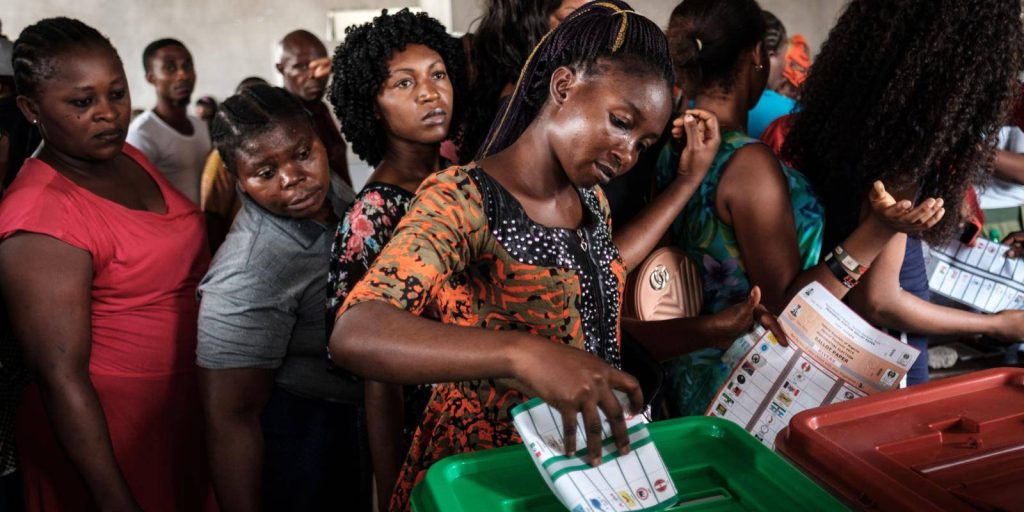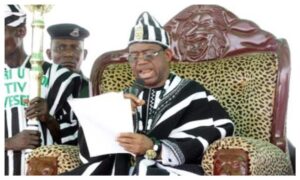Recent analyses by political experts and stakeholders have highlighted key factors contributing to the decline of democracy in Nigeria. Corruption, weak institutions, and lack of transparency in governance are identified as major causes undermining public trust in the democratic process.
Experts also point to poor political leadership, election irregularities, and violence during elections as major threats to democratic stability. Citizens’ limited participation in decision-making and political apathy further weaken the system, according to observers.
Economic inequality and social injustice are additional reasons why democracy struggles to deliver tangible benefits to Nigerians. Many feel disconnected from governance, believing that elected officials prioritize personal gains over national development.
Stakeholders have called for reforms, stronger institutions, and active citizen engagement to revive democracy in Nigeria. They stress that accountability, transparency, and inclusivity are essential to restore confidence in the nation’s democratic framework.







